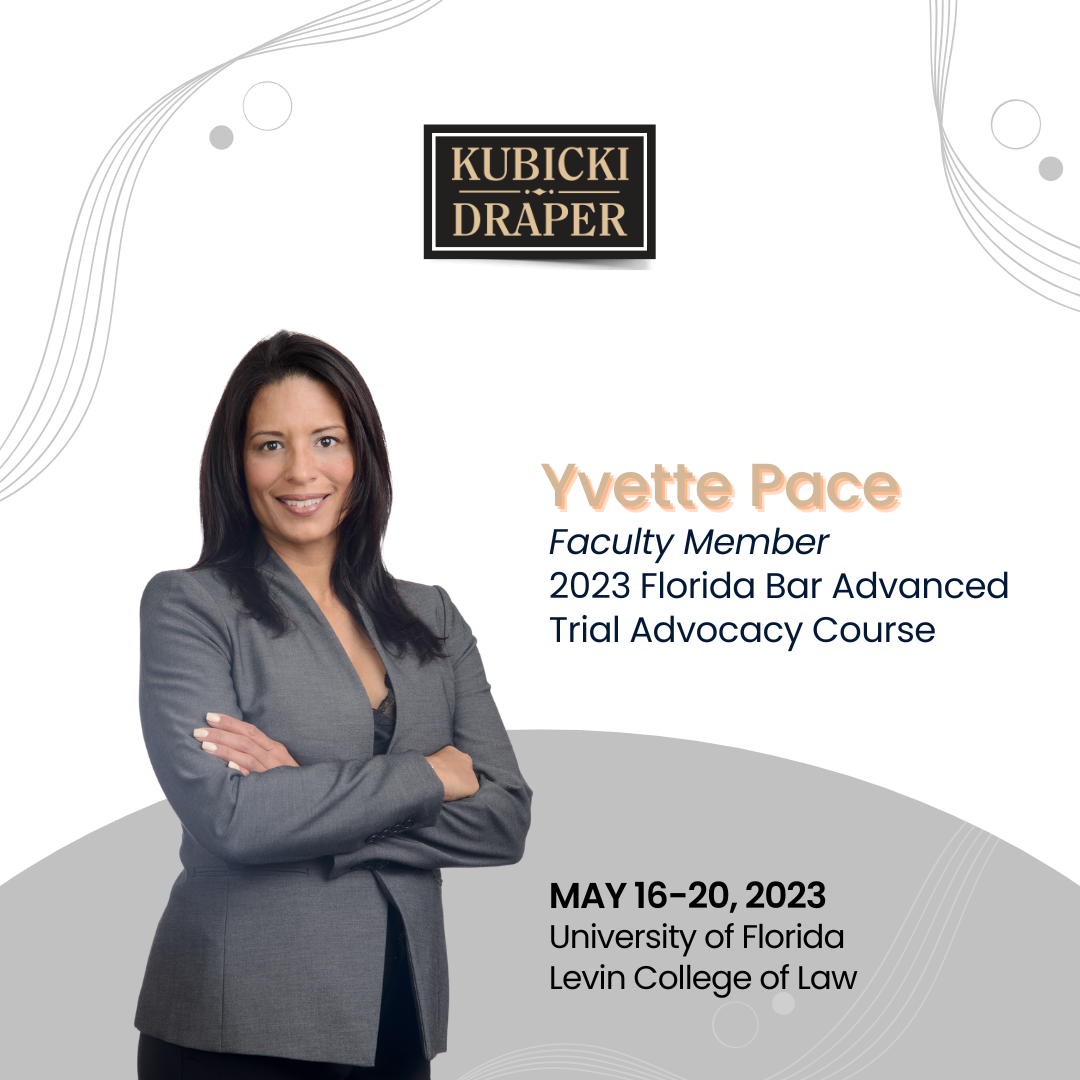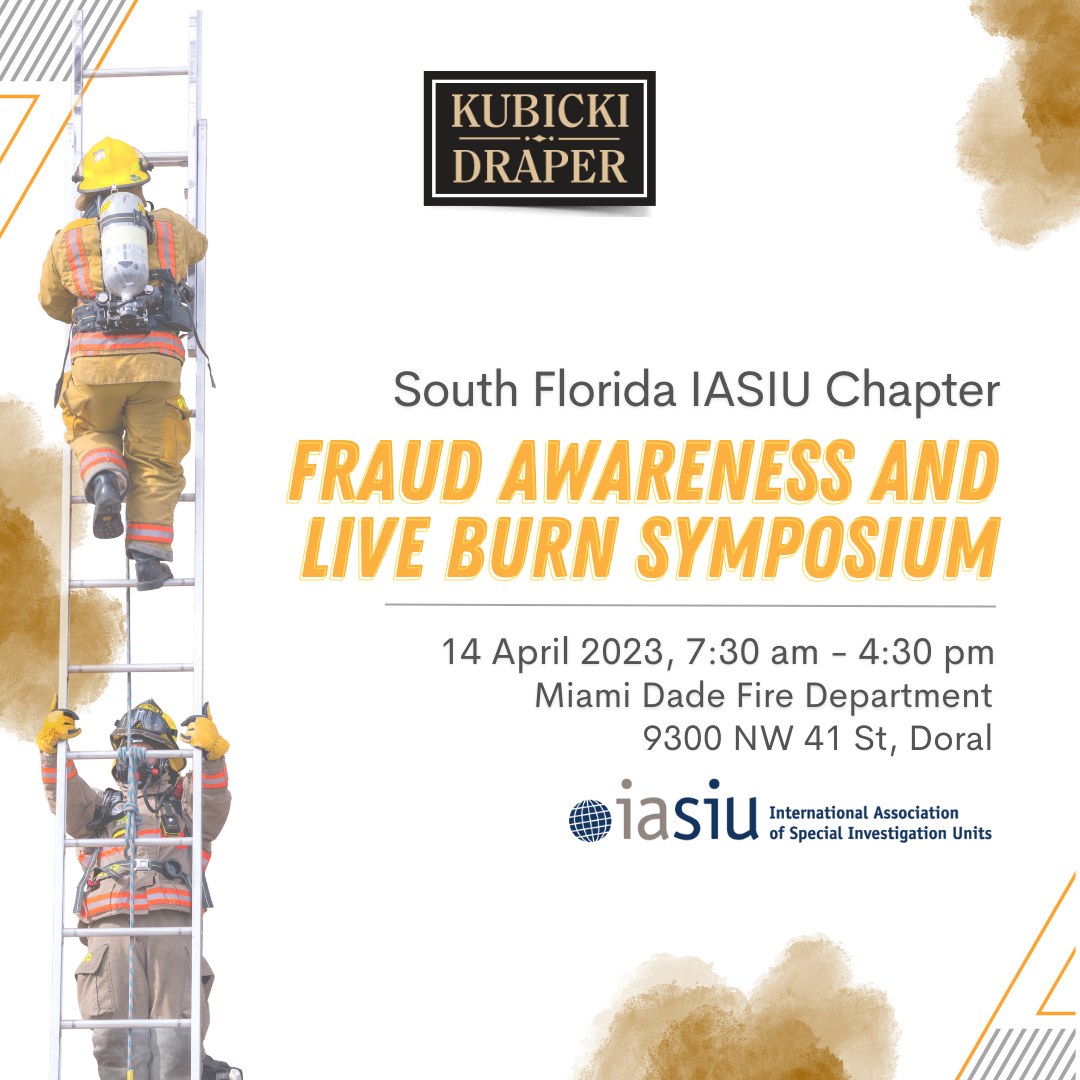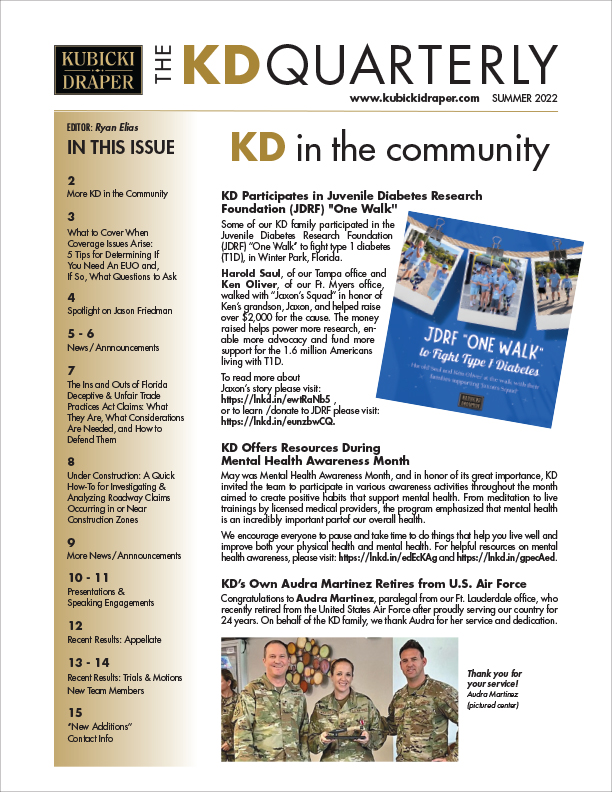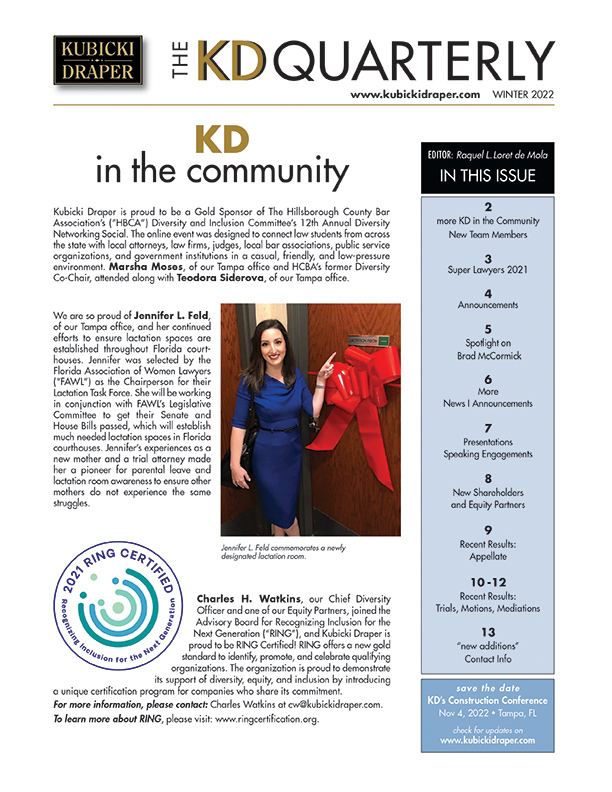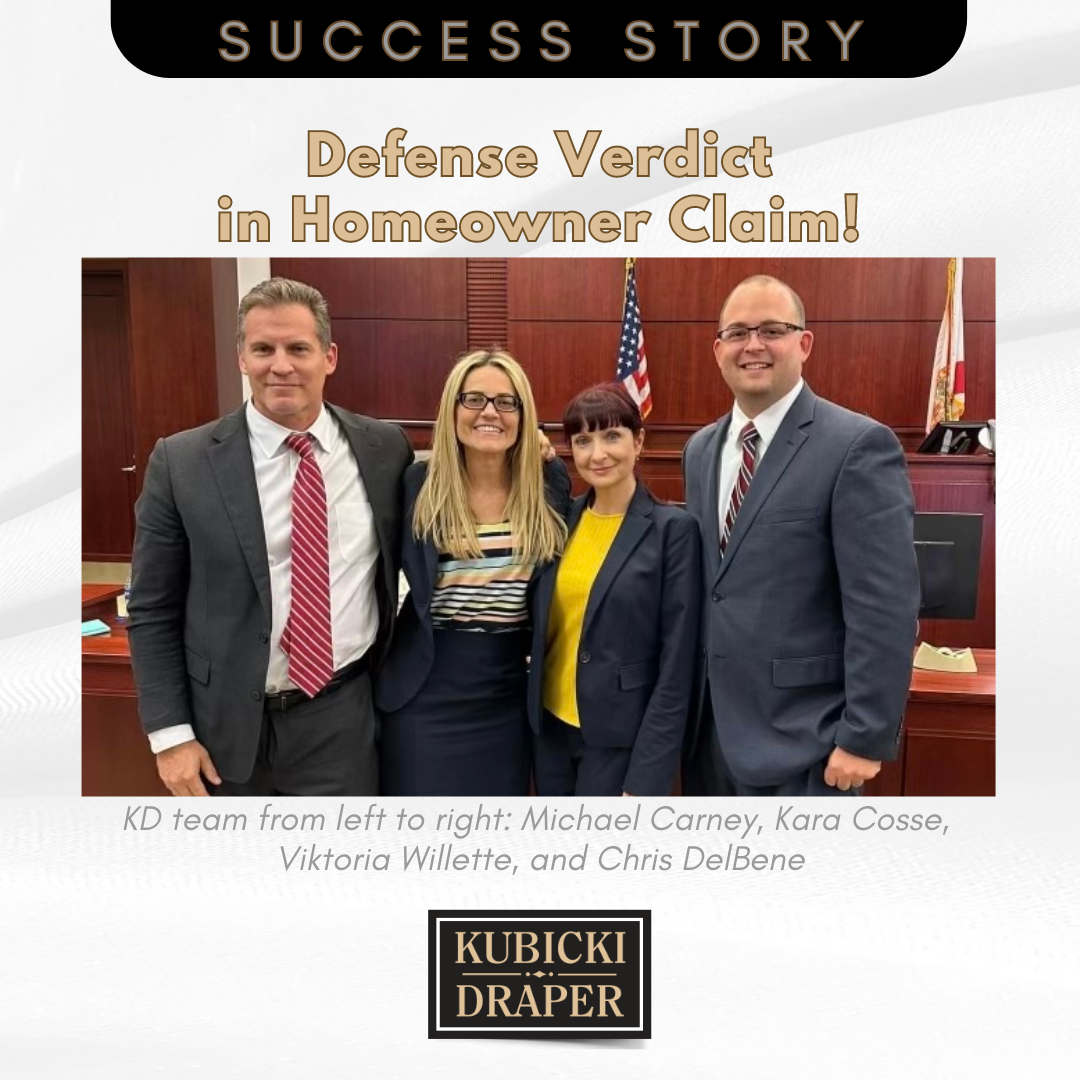This article explores the distinction between medical negligence and premises liability claims in the context of coverage and defense strategies.
The State of the Law
In a typical premises liability case, a landowner/possessor has a duty to maintain its premises in a reasonably safe condition for its invitees, to correct dangerous conditions of which the landowner/possessor either knew or should have known, by the use of reasonable care, and to warn invitees of dangerous conditions the landowner/possessor should have had, knowledge greater than that the invitee. Yet recently, premises liability concepts have blurred the lines when negligence-based actions occur in a medical services context.
By way of background, the Florida Legislature defines a claim for medical negligence or medical malpractice as “a claim, arising out of the rendering of, or the failure to render, medical care or services.” §766.106(1)(a), Fla. Stat. In 2018, the Supreme Court of Florida drew a line in the sand between medical negligence causes of action and ordinary negligence.
National Deaf Academy, LLC v. Townes, 242 So. 3d 303 (Fla. 2018), involved a TACT hold physical restraint on a resident which led to injury.
Id. at 308. The Court was called upon to determine when a negligence claim arises out of the “rendering of, or the failure to render, medical care or services,” as defined by the legislature.
Id. at 305. The Court held that, “for a claim to sound in medical malpractice, the act from which the claim arises must be directly related to medical care or services, which require the use of professional judgment or skill.”
Id. at 305, 312. Applying this test to the specific case, the Court determined that “administration of a TACT hold was not directly related to medical care or services, which require the use of professional judgment or skill and, thus, not arising from medical negligence. Id. at 314.
As a result of
Townes, courts have looked closely to determine whether a set of facts truly arise from medical negligence or whether they are premises liability actions that happen to occur within the medical services context. They key determination seems to be whether, at the time of the alleged negligence, medical services were being administered. Compare
McManus v. Gamez, 276 So. 3d 1005, 1008 (Fla. 2d DCA 2019) (determining that negligence did not arise from the rendering of medical services as the doctor and clinic employee finished neurological testing and had left the room before the plaintiff fell off the examination table; “it is clear from McManus's allegations that no medical services were being provided and that, in fact, the neurological testing had already been completed and that no other persons were assisting McManus off of the table at the time the alleged injuries occurred.”),
with Henderson Behavioral Health, Inc. v. Cortes, 296 So. 3d 923, 924 (Fla. 4th DCA 2020) (holding that negligence claim sounded in medical negligence when plaintiff alleged in complaint that the deceased received medications at hospital, but upon transfer to residential treatment facility, the facility failed to administer the prescribed medications and the deceased died from a severe withdrawal syndrome; complaint claimed that the hospital and facility were negligent and knew or should have known that suddenly failing to administer any or all of the medications to the deceased was likely to cause her “to suffer severe adverse withdrawal symptoms, including life threatening heart arrhythmias and seizures.”).
Coverage Considerations
Hand-in-hand with these concepts is a number of interpretative definitions. Indeed, the very notion of professional judgment can require analysis.
See, e.g., N. Broward Hosp. Dist. v. Slusher, 279 So. 3d 162, 164 (Fla. 4th DCA 2019) (“The alleged exercise of professional judgment here, while arguably also involving common sense, will depend on the standard of nursing care in transferring a patient from the hospital bed. For this reason, we grant the petition and quash the trial court's order denying the motion to dismiss.”);
Alicea Enters., Inc. v. Nationwide Ins. Co. of Am., Inc., 252 So. 3d 799, 802 (Fla. 2d DCA 2018) (citations omitted) (“Whether a professional service has, or has not, been rendered is a fact-intensive analysis. Thus, when deciding whether an act arises out of the rendering of or failure to render a professional service, the court must focus on the act itself and not the character of the individual performing the act.”);
Lindheimer v. St. Paul Fire & Marine Ins. Co., 643 So. 2d 636, 638 (Fla. 3d DCA 1994) (“[T]he fact that an act occurred in a professional’s office does not automatically transmute the act into a professional service.”).
Florida courts have held that professional services exclusions are unambiguous and may apply to exclude coverage.
See, e.g., Estate of Tinervin v. Nationwide Mut. Ins. Co., 23 So 3d 1232, 1237 (Fla. 4th DCA 2010). The decisions of the Florida courts have made clear that when analyzing whether a service is a professional service of a medical nature, the courts must look at the nature of the service itself, not the person performing the service.
See, e.g., Cincinnati Ins. Co. v. Quorum Management Corp., 186 F. Supp. 1307, 1322 (M.D. Fla. 2016); Lindheimer, 643 So. 2d at 638. Thus, the focus is on whether the injuries ultimately resulted from a professional health care type service being performed. Id.
In Tinervin, the court examined a policy which excluded claims “arising out of” the providing or failing to provide professional services and claims. The court held that there was no coverage for injuries resulting to a patient due to the misfiling of lab results by a doctor’s wife who was acting as a medical assistant-type employee, since the employee’s acts were causally connected to, and an intricate part of, the medical services provided by the doctor. Tinervin, 23 So. 3d at 1237-38. Similarly, in
St. Paul Fire & Marine Ins. Co. v. Medical Protective Company of Fort Wayne, Indiana, 2006 WL 3544817 (S.D. Fla. 2016), the court found that a general liability policy that excluded coverage of claims that “result” from the performance of medical professional services barred coverage for injuries to an employee of a hospital for injuries he suffered while moving a patient from the floor to a cardiac table after a fall. Likewise, in
State Farm Fire Ins. Co. v. Campbell, 998 So. 2d 1151 (Fla. 5th DCA 2008), the court held that the act of a technician’s positioning a patient’s foot to take an x-ray fell within the exclusion for injuries “due to” the rendering of professional services.
See also Alpha Therapeutic Corp. v. St. Paul Fire and Marine Ins. Co., 890 F.2d 368 (11th Cir. 1989) (medical technician’s error in transcribing test results was an error in performing a professional services).
Another quagmire with the analysis between medical negligence and premises liability is determining which, if any, policies provide coverage in these instances—typically focused on professional liability and general liability policies. Recently, in
Westchester General Hospital, Inc. v. Evanston Insurance Co., No. 19-22831-CIV, 2020 WL 4501947 (S.D. Fla. May 4, 2020), the Southern District of Florida tackled similar questions when determining whether a professional liability, general liability, and umbrella policies afforded coverage to a mental health facility where a patient alleged she was sexually assaulted by an employee while she was medicated and asleep.
The court discussed that the term “arising out of” under Florida law “is generally broader in meaning than the term ‘caused by’ and is construed to mean ‘originating from,’ ‘having its origin in,’ ‘growing out of,’ ‘flowing from,’ ‘incident to’ or ‘having a connection with.’” Id. at *8 (quoting T
aurus Holdings, Inc. v. U.S. Fid. & Guar. Co., 913 So. 2d 528, 532 (Fla. 2005)). It also found that a professional act or service is “one arising of a vocation, calling, occupation or employment involving specialized knowledge, labor or skill, and the labor or skill involved is predominantly mental or intellectual, rather than physical or manual.” Id. at *11 (quoting
Laboss Transportation Servs., Inc. v. Glob. Liberty Ins. Co. of New York, 208 F. Supp. 3d 1268, 1277 (S.D. Fla. 2016)). Ultimately, the court held that the insured was not covered under the professional liability policy, but was covered under the general liability policy as well as the umbrella policy. Westchester, 2020 WL 4501947 at *14-*17.
Akin to analysis of “professional service,” what we can glean from Westchester is exactly how essential it is to carefully examine the language of all pertinent liability and umbrella policies that may be implicated in dealing with premises liability in a medical services context to determine whether an act or omission constitutes “rendering of, or the failure to render, medical care or services.”
Defense Strategies
Understandably, defending a medical negligence action varies from a premises liability case. When reviewing a complaint, the substance of the allegations rather than the title will dictate.
Rockledge HMA, LLC v. Lawley, 45 Fla. L. Weekly D1282, 2020 WL 2781365, at *2 (Fla. 5th DCA May 29, 2020) (“Whether a specific claim falls within this statutory definition of malpractice turns on the complaint’s allegations, rather than the particular cause of action alleged.”).
Importantly, the distinction has drastic substantive and procedural implications. For instance, medical negligence carries a two-year statute of limitations while negligence in a premises liability context carries a four-year statute of limitations. Additionally, medical negligence necessitates an arduous presuit process as a condition precedent to bringing suit whereas negligence in a premises liability context does not.
Thus, it is imperative to keep these considerations in mind as a premises liability case could, in actuality, be a time-barred medical negligence action or, at a minimum, subject to dismissal for lack of compliance with presuit requirements.
Closing Thoughts
As evidenced from recent caselaw, it appears the courts are trending toward viewing negligence in a medical services context as a matter of premises liability and not medical malpractice. Thus, when presented with a lawsuit which blurs the lines between medical negligence and premises liability whether in a coverage or defense context, pay particular attention to the substance of the allegations as they will provide the preliminary guidance to grappling with these claims and formulating a strategy with which to move forward.
We are available to discuss and assist you with these issues.



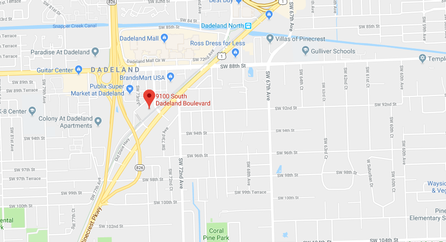
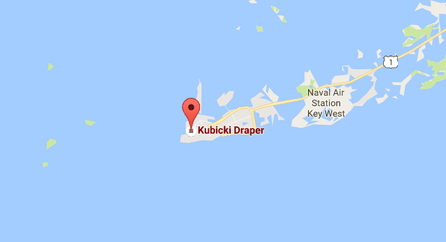
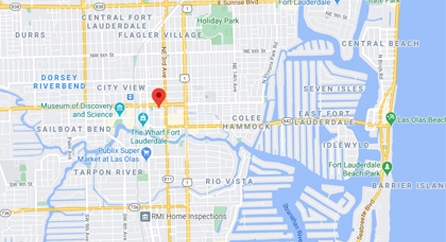
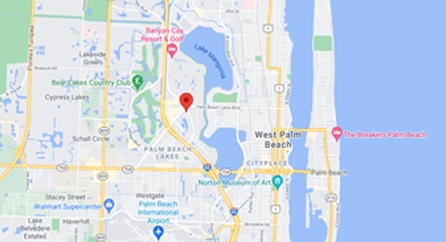
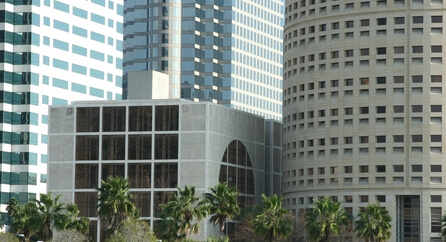

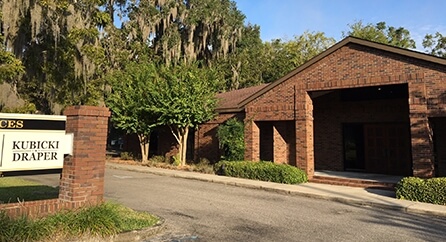
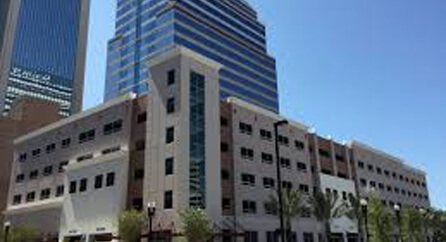
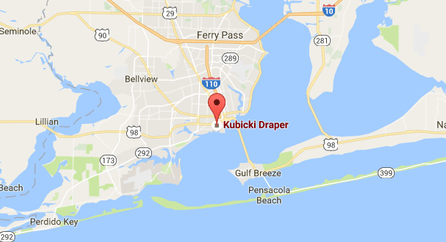
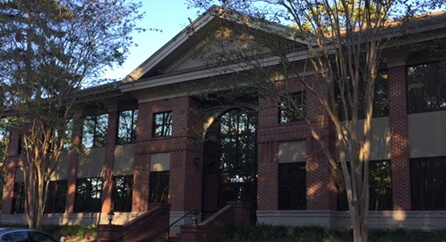
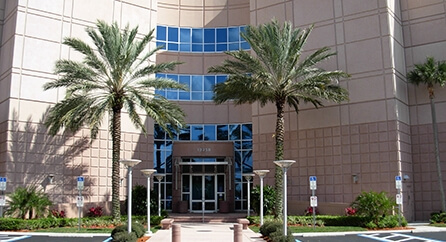
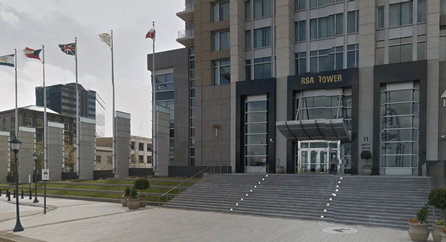
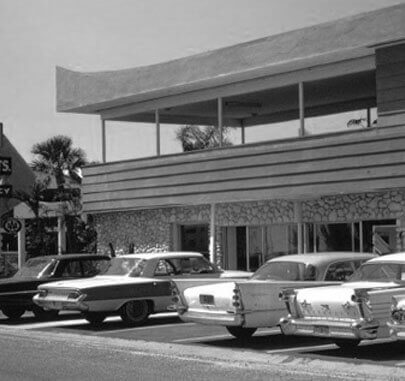



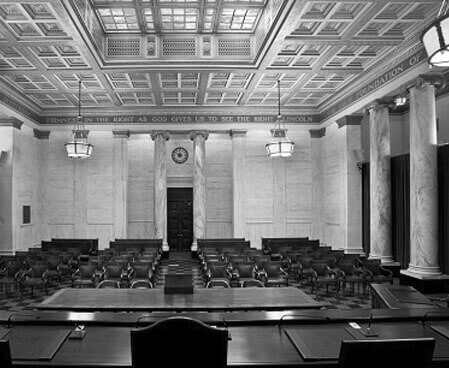

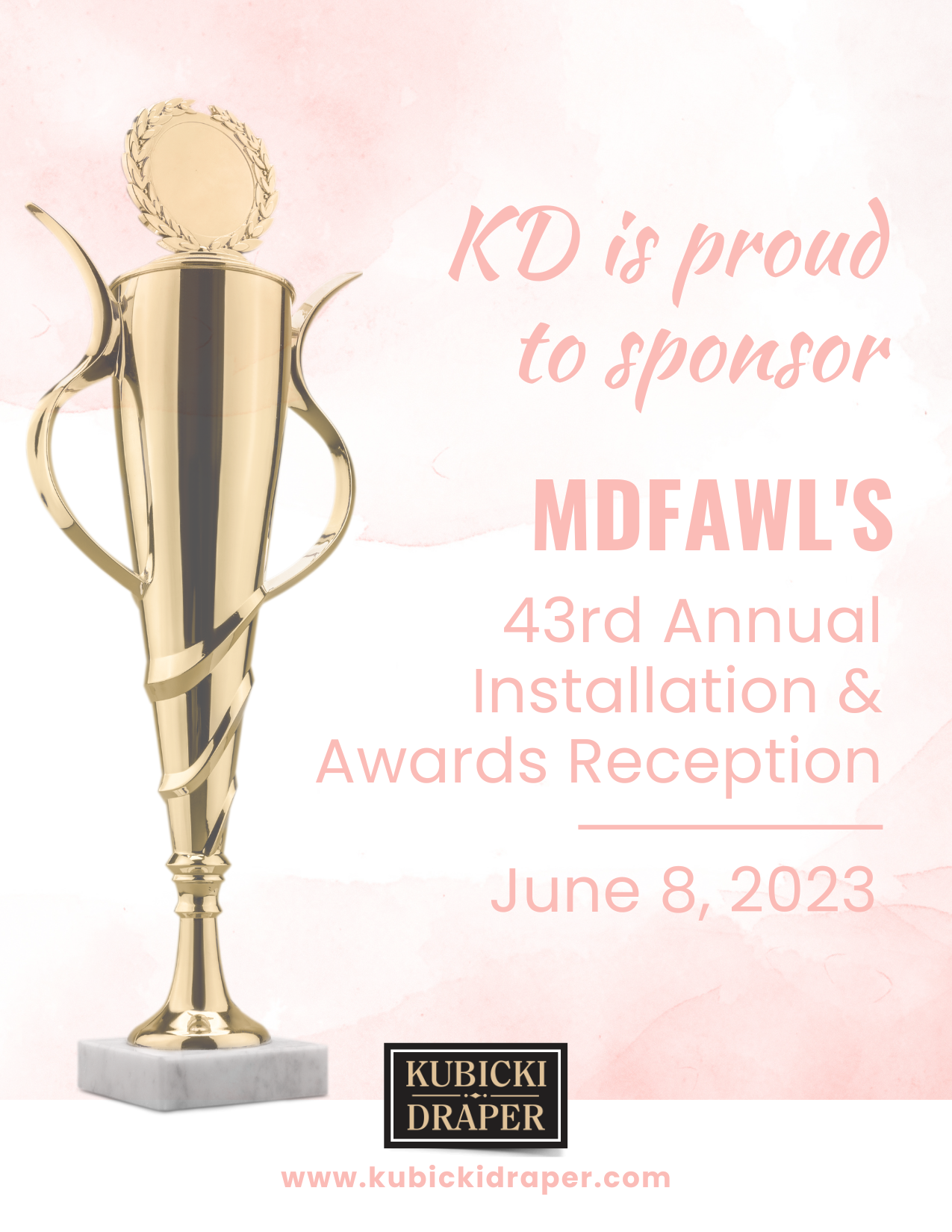
 .png)
